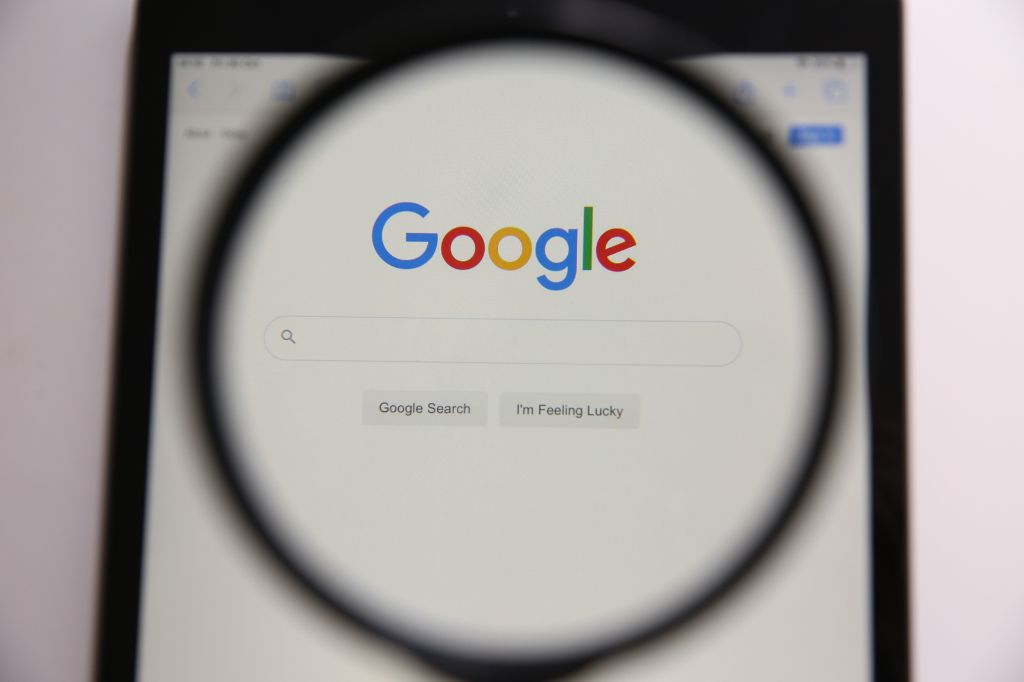Google Defends Generative AI Users from Copyright Claims: What You Need to Know
In a groundbreaking move that’s sending ripples across the tech world, Google has stepped up to the plate in a big way. The tech giant has announced its commitment to defend users of generative artificial intelligence (AI) systems from potential copyright claims. This is not just a statement; it’s a promise that has far-reaching implications for the AI community and the broader tech landscape.
Why is this a Big Deal?
- User Protection: Google’s decision underscores its commitment to user protection. By offering legal defense to those who face allegations related to the use of its generative AI services, Google is ensuring that innovation isn’t stifled by legal concerns.
- Scope of Protection: This protection isn’t limited to a select few. It extends to users on its Google Cloud and Workspace platforms, making it a widespread initiative that covers a vast user base.
- Intellectual Property Indemnity: Google’s approach to this issue is two-pronged. One of the key strategies involves training data indemnity, which covers any allegations that may arise.
Diving Deeper: The Implications
Transitioning from the initial buzz, let’s delve into what this means for the tech community, especially in Asia, where the tech landscape is rapidly evolving.
Generative AI is a branch of artificial intelligence that focuses on creating new content, be it text, images, or even music. With the rise of generative AI, there’s been a growing concern about copyright issues. After all, if an AI creates something, who owns it? And if it inadvertently replicates something that already exists, who’s to blame?
By defending users of generative AI systems from copyright claims, Google is:
- Fostering Innovation: Innovators and developers in Asia can now experiment and innovate without the constant fear of legal repercussions. This move is likely to boost the adoption and development of generative AI technologies in the region.
- Setting a Precedent: Google’s decision might inspire other tech giants to follow suit. This could lead to a more supportive environment for AI developers globally.
- Building Trust: For many users, especially in Asia, trust is paramount. By taking this step, Google is building trust with its user base, assuring them that they have their back.
Also read: Alipay Reports Surge in Outbound Chinese Tourist Spending During National Day Holiday 2023
Google’s decision to defend generative AI users from copyright claims is more than just a headline. It’s a testament to the company’s commitment to fostering innovation, building trust, and shaping the future of AI. As the tech landscape in Asia continues to evolve, moves like these will play a pivotal role in determining the direction it takes.
For the AI community, this is a moment of validation. It’s a sign that their work is valued, their innovations are recognized, and their future is bright. And for the rest of us, it’s a glimpse into a future where technology and creativity coexist harmoniously, pushing the boundaries of what’s possible.

















